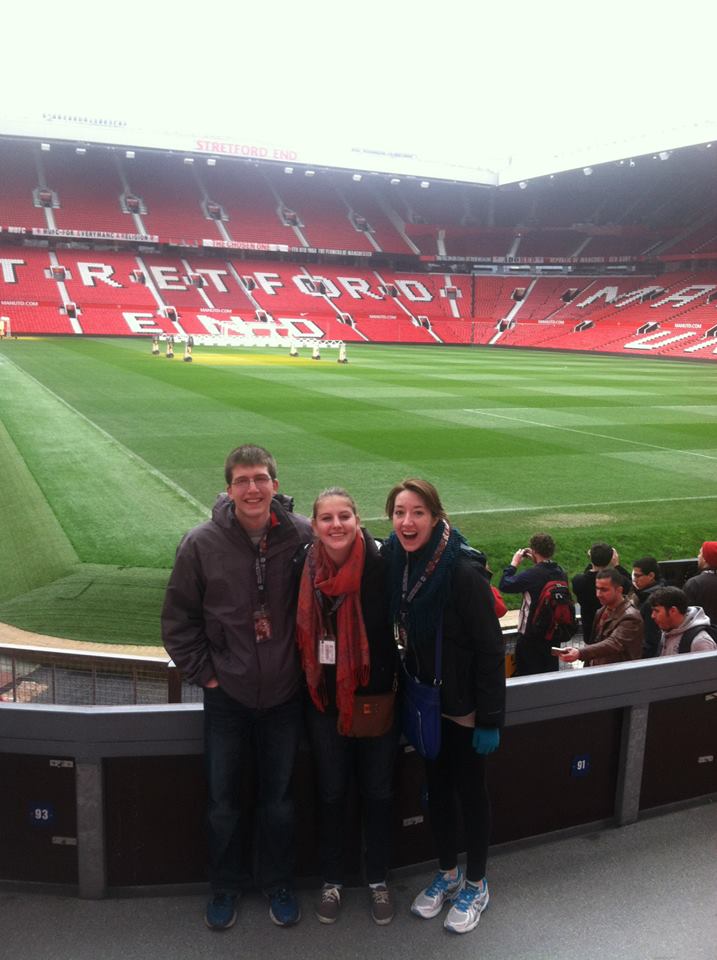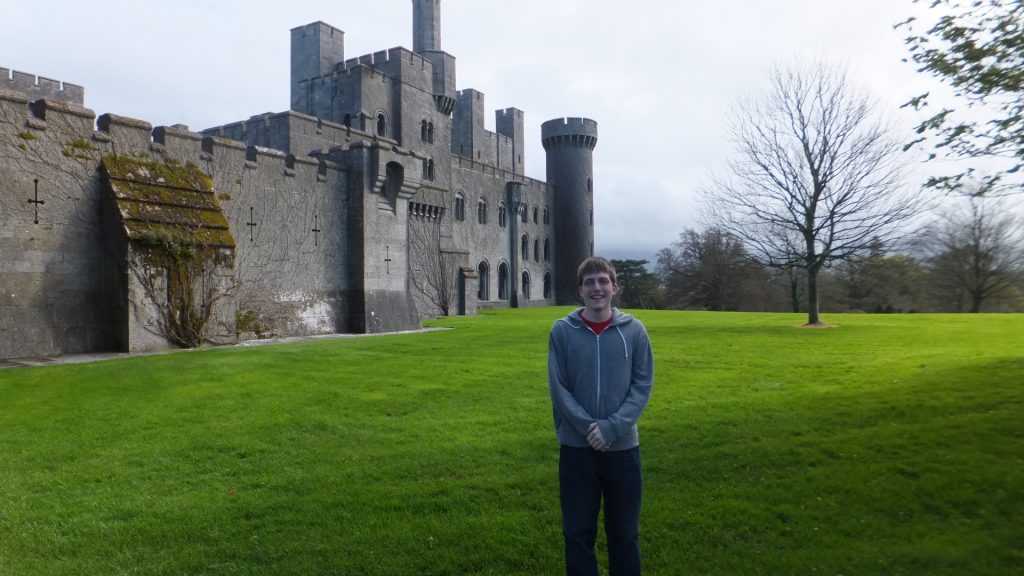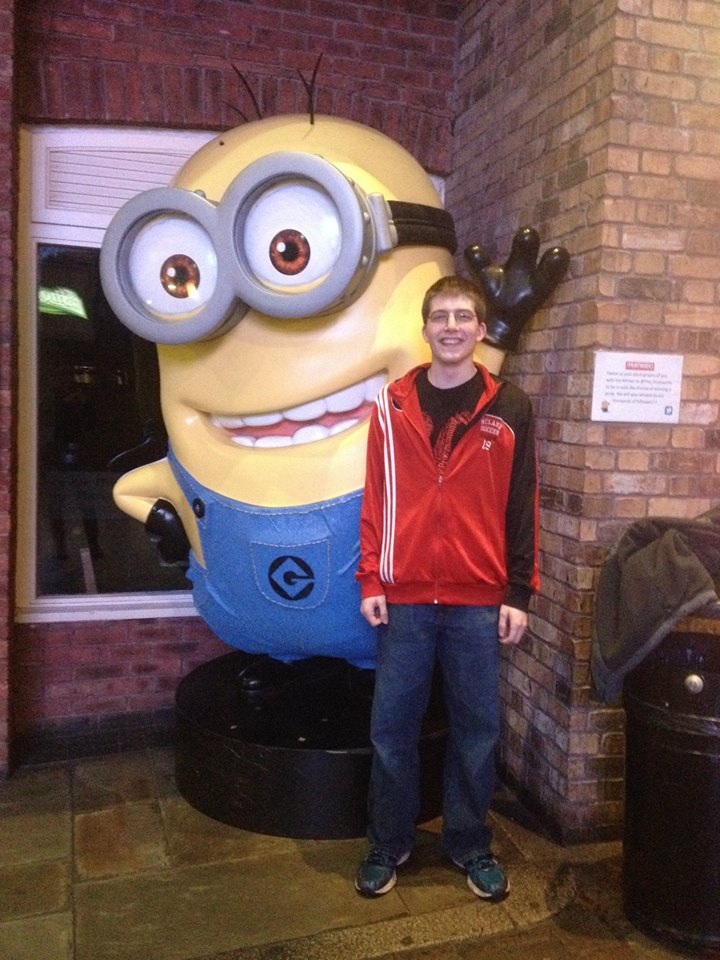
In Autumn 2024, Jeremy completed a PhD in Engineering Education from The Ohio State University. During his time as a PhD student, he was a part of the Beliefs in Engineering Research Group (BERG).
In order to earn his PhD, Jeremy achieved three separate milestones including qualifying, candidacy, and the dissertation defense. In addition, he completed several graduate courses, of which the following were some of his favorites:
- ENGREDU 6100: Foundations and the Field of Engineering Education
- ENGREDU 7189.01: Teaching Preparation and Support
- ENGREDU 7189.02: Professional Development in College Teaching
For his dissertation, Jeremy explored the value congruence between undergraduate computer science students and their institution. Ultimately, he found that student values often do not align with their beliefs about the values of their institution. More information can be found in the dissertation itself.
With his degree, Jeremy began his career as a lecturer in the Computer Science and Engineering department at The Ohio State University. His goal is to remain on the front lines of computer science education to improve retention efforts and inspire new folks to stay in tech.
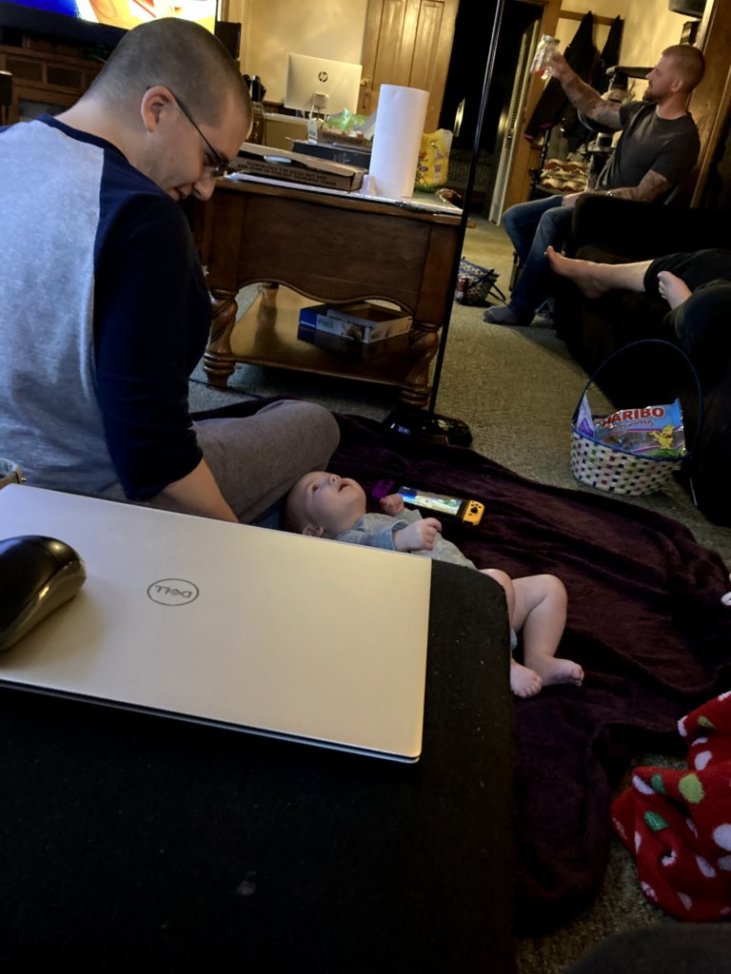

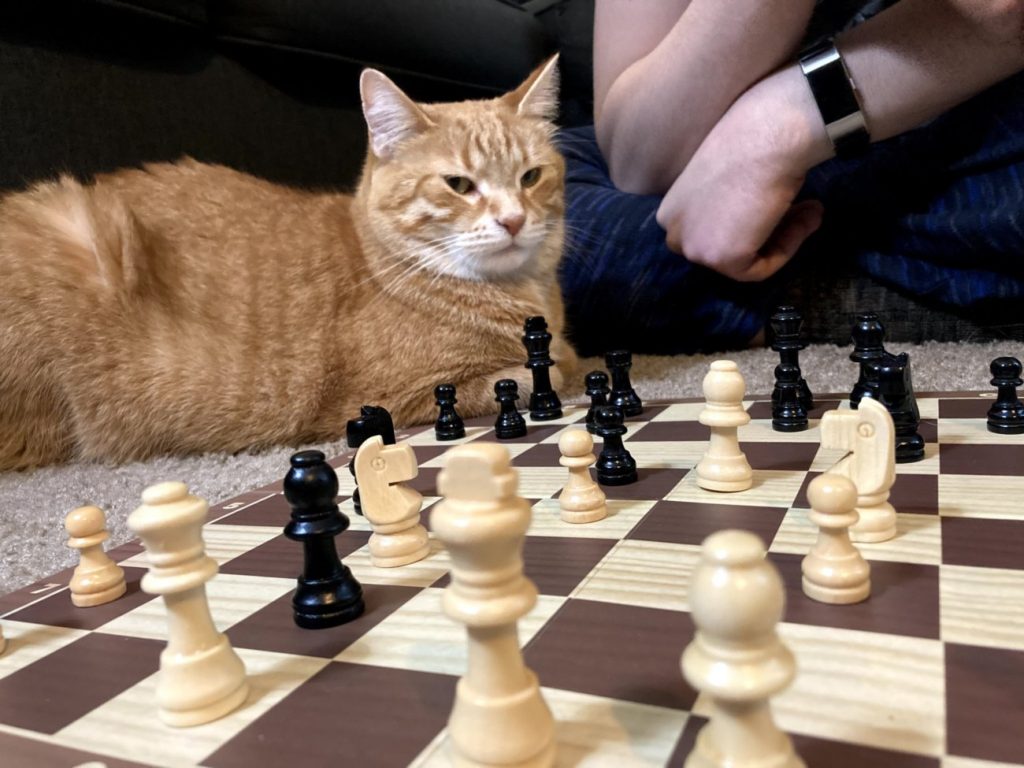
In Autumn 2020, Jeremy completed a master’s degree in computer science and engineering at The Ohio State University where he took a mixture of coursework in graphics and artificial intelligence:
- CSE 5521: Artificial Intelligence 1
- CSE 5522: Artificial Intelligence 2
- CSE 5542: Real-time Rendering
- CSE 5539: Computational Audition
- CSE 5544: Data Visualization
To complete his degree, Jeremy spent 2+ semesters on a master’s project. For this project, Jeremy was responsible for visualizing data for the purpose of triangulation of multi-modal data to assess student emotions during programming tasks. Currently, work related to this project is in various stages of the peer review process.

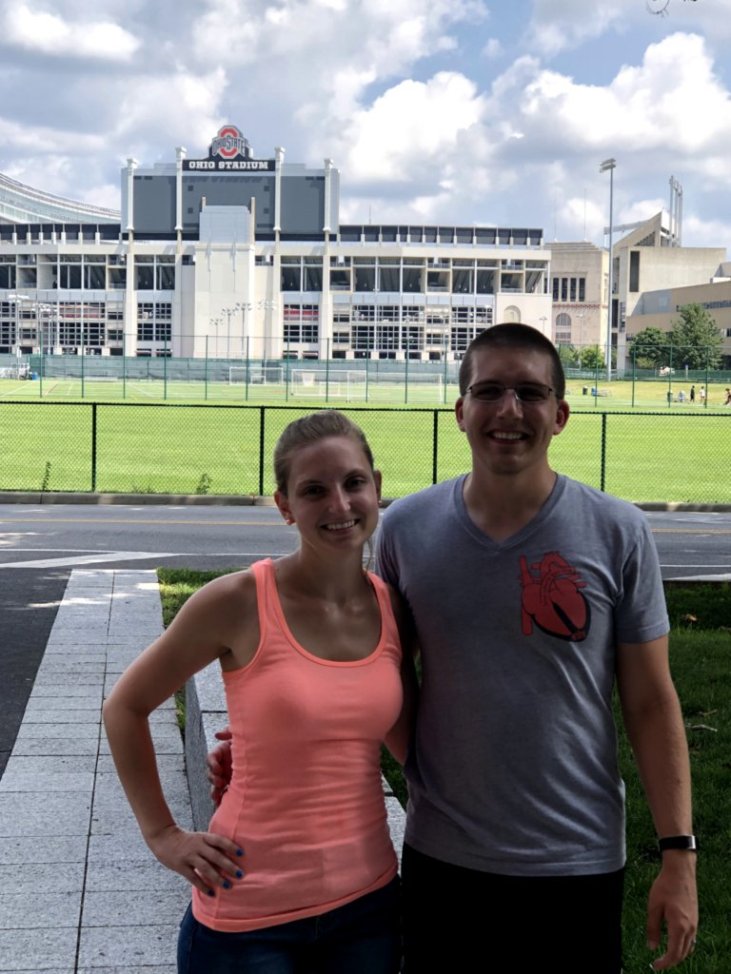



In 2017, Jeremy completed the one-year technical portion of the Advanced Coursework in Engineering (ACE) program at GE Transportation. In this portion of the course, he applied software engineering development lifecycle processes and techniques to the solution of engineering problems. Courses covered topics including:
- Code reviews (using Swarm)
- Version control (using Git)
- Continuous integration (using Jenkins)
- Networking (with tools like Wireshark)
- Software design patterns
Ultimately, Jeremy was awarded a certificate and graduate-level credit for the work.
In addition to coursework, Jeremy also participated in two GE training: Activating your Leadership Journey (ALJ) and ENG@GE. ALJ was a leadership training that took place at the Crotonville leadership institute. Meanwhile, ENG@GE was a design review training that took place in Querétaro, Mexico.
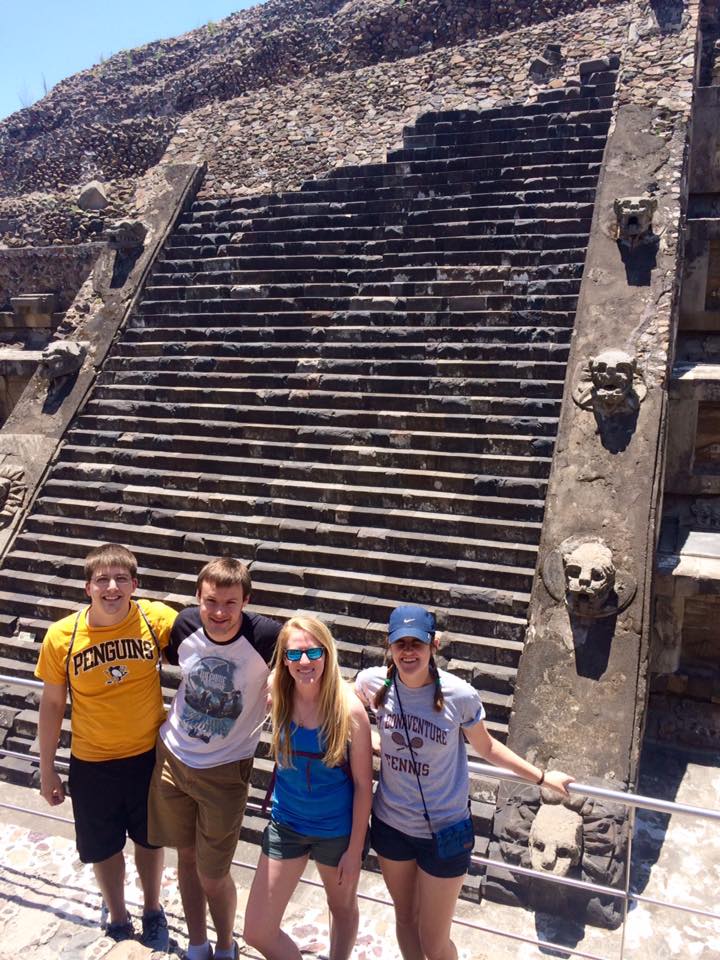



In 2016, Jeremy graduated from Case Western Reserve University (CWRU) with a Bachelors degree in Computer Engineering and a minor in Computer Gaming.
During that time, Jeremy developed a handful of video games as a part of his game development coursework. In spring 2015, he created a therapeutic game using C# in Unity as a part of the data persistence team. Meanwhile, in fall 2015, he developed a philanthropic game using C# in Unity as a part of the frontend team.
As a senior, Jeremy worked with a team of electrical engineers to develop a Bluetooth smart lock. In short, the smart lock was built from a solenoid that was triggered by communication between an Android application and an Arduino.
Some of Jeremy’s favorite courses at CWRU included:
- PHYS 121: General Physics I—Mechanics
- PHYS 122: General Physics II—Electricity and Magnetism
- EECS 132: Introduction to Java
- EECS 337: Compiler Design
- EECS 390: Advanced Game Development Project
- EECS 398: Engineering Projects I
To this day, Jeremy still talks about some of the challenges he encountered in these courses.

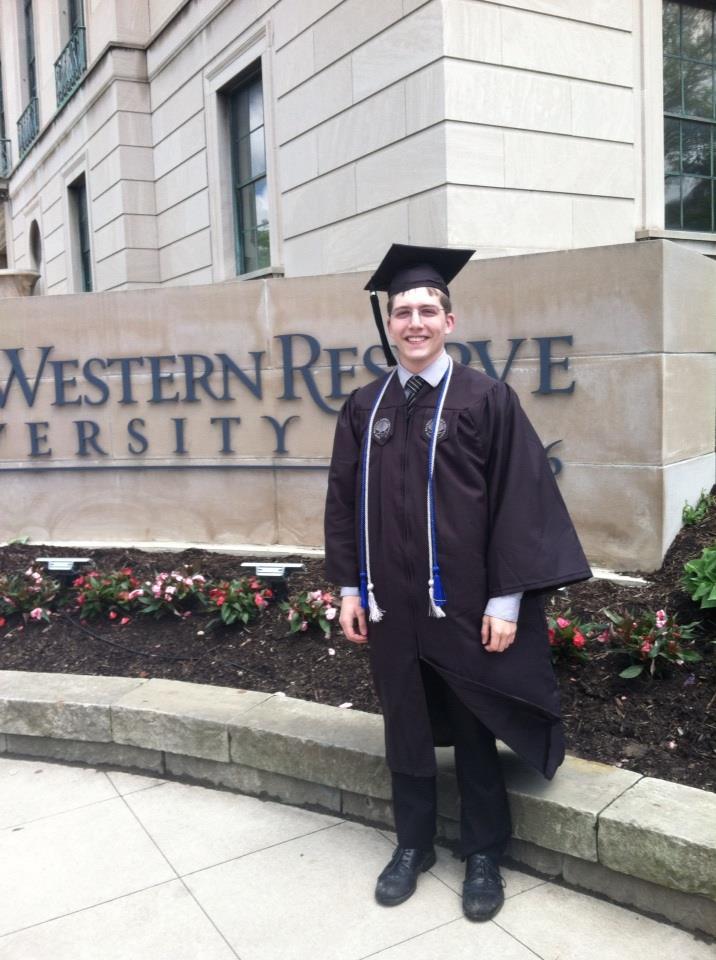
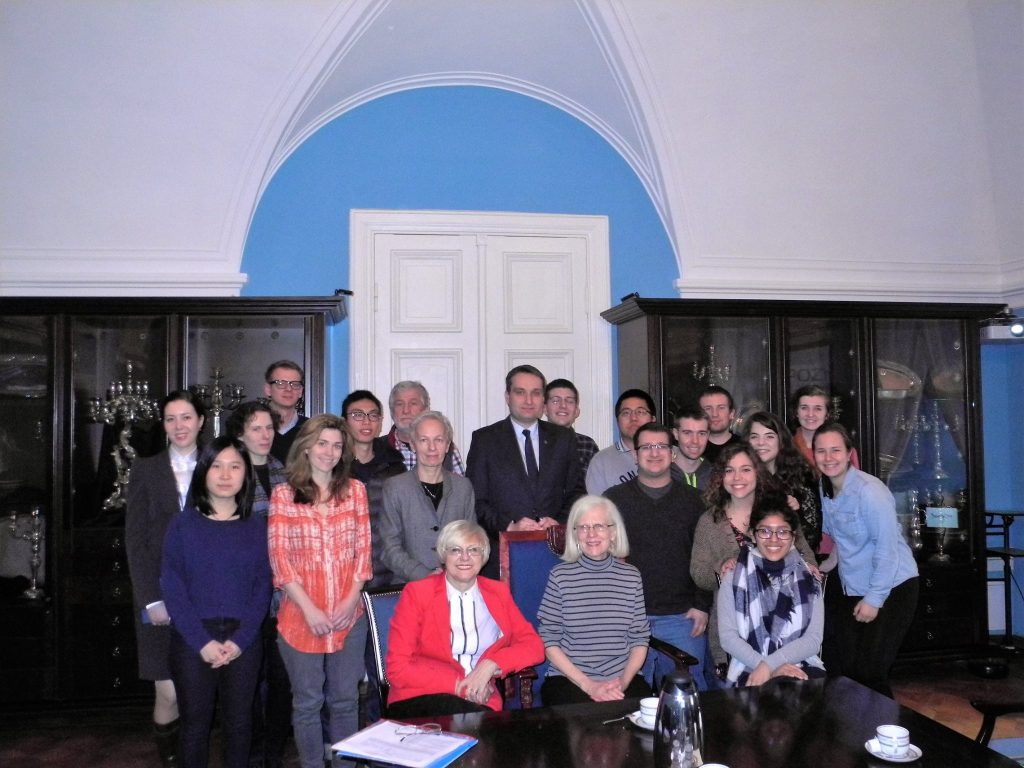
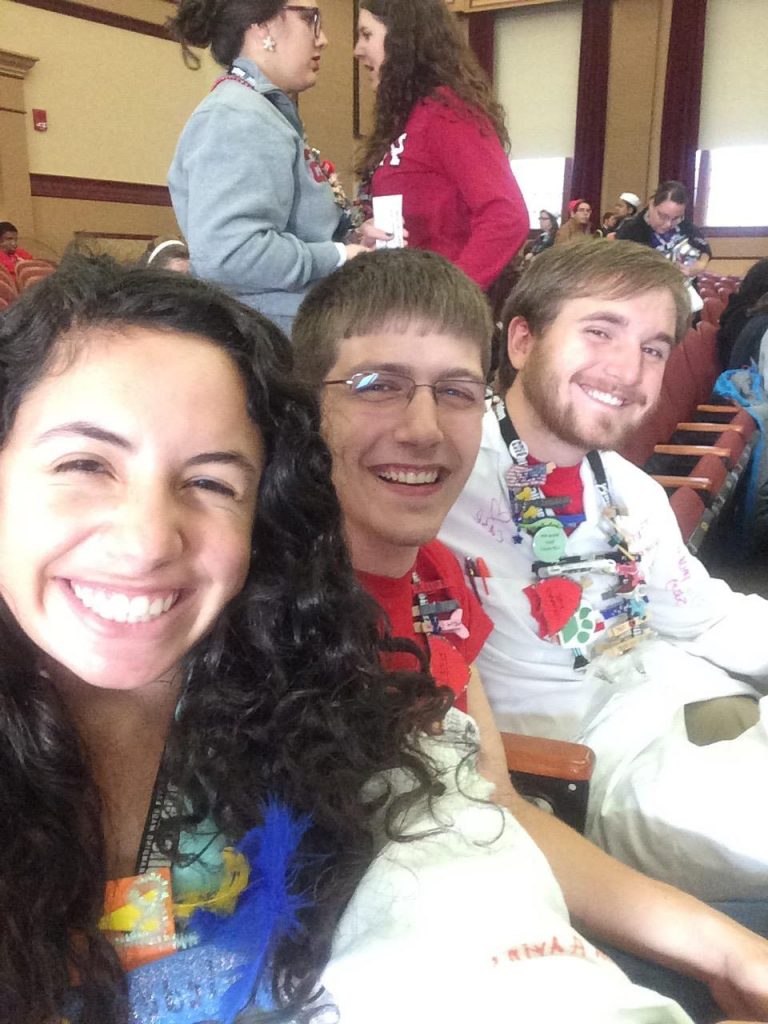
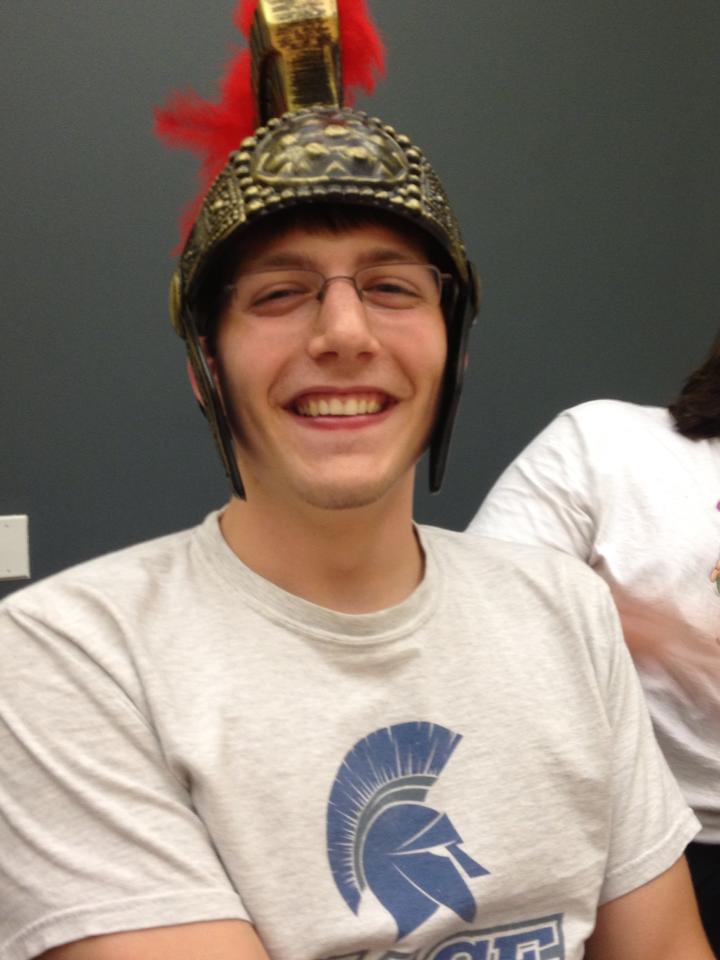

In spring of 2014, Jeremy spent a semester abroad at The University of Manchester. During that time, he took five courses:
- PSYC 11212: Brain and Cognition
- SOCY 10402: British Society in a Globalizing World
- PSYC 21052: Conceptual and Historical Issues in Psychology
- MUSC 20172: Sound Design and Digital Entertainment
- COMP 25212: System Architecture
As it turns out, the Sound Design and Digital Entertainment course was Jeremy’s first exposure to game development and Python. Naturally, each student was required to complete a game development project where the focus of the game was on sound design.
By the end of the semester, Jeremy created a game called Orpheus which was a 3D adventure game that told the story of the Greek musician Orpheus. For his efforts, Jeremy was awarded a 90 out of 100 on the British grading scale, the highest grade that the instructor had ever awarded for that project.

